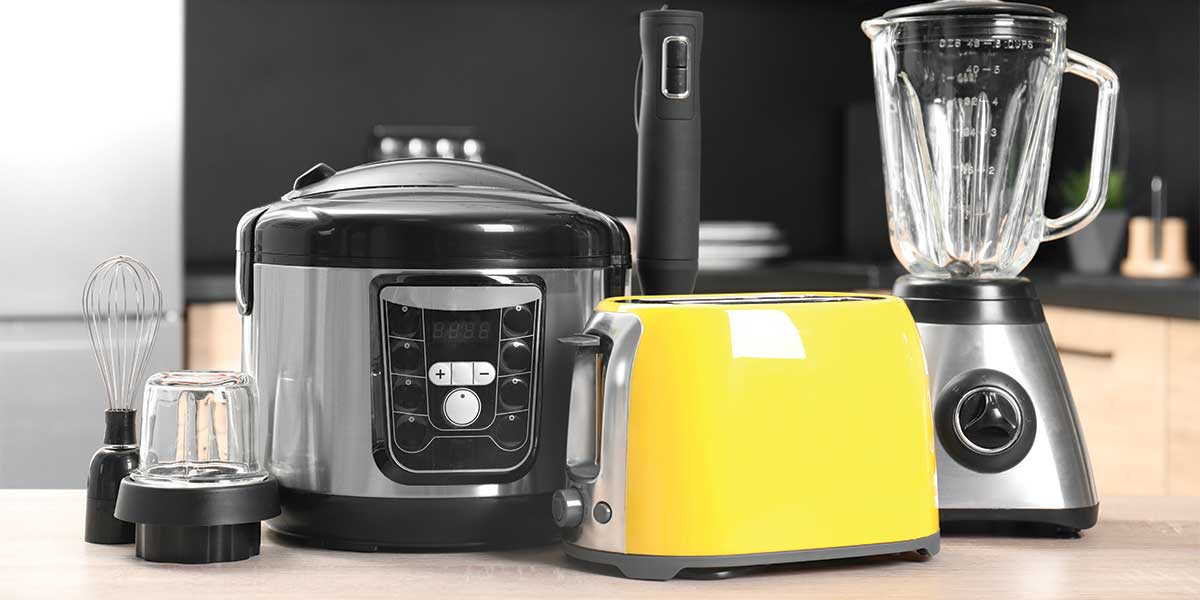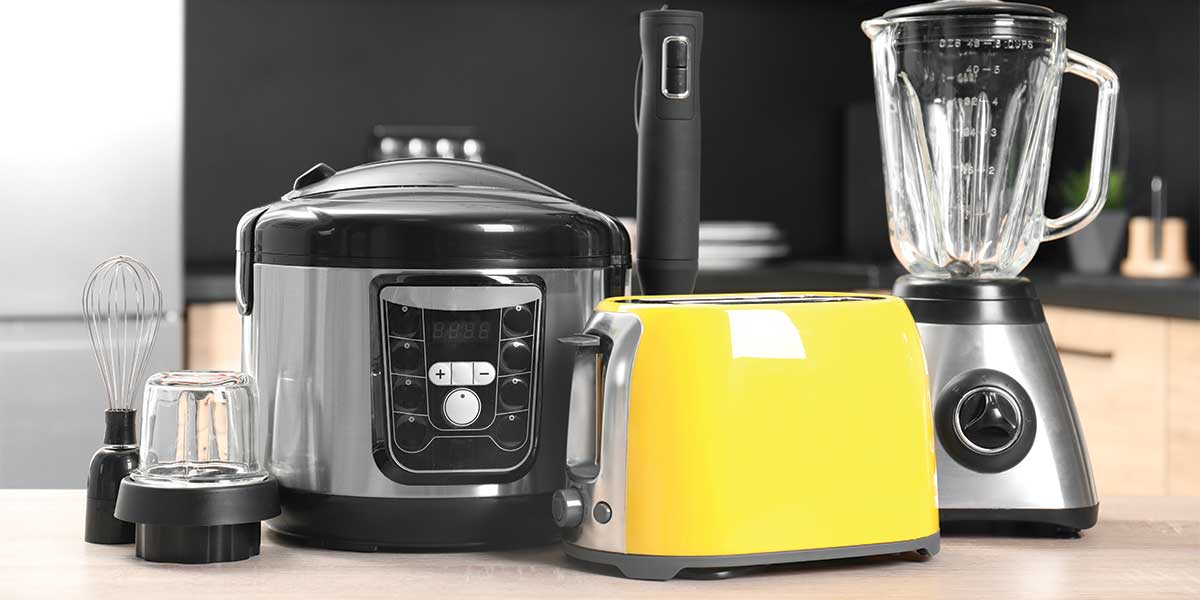Kitchens are the beating heart of a home — a place where family meals are made, conversations flow, and memories are created. But amidst the joy and activity, the kitchen is also a hotspot for potential electrical hazards. With appliances running, cords snaking across countertops, and water nearby, the stakes for electrical safety are high.
That’s why following these tips for kitchen electrical safety is more than just a good idea; it’s a necessity. Whether you’re making coffee in the morning or preparing a big family dinner, knowing how to manage electrical risks can prevent fires, shocks, and costly damage to your appliances.
At Expert Electric, your trusted Electrician in BC, we’ve spent years helping homeowners make their kitchens safer. This guide shares practical kitchen safety tips you can implement today, backed by real-world electrical expertise.
Why Electrical Safety in the Kitchen Matters
Water and electricity don’t mix — and the kitchen is full of both. Add in high-powered appliances and the possibility of overcrowded outlets, and you have a recipe for risk. Electrical hazards in kitchens can lead to:
- Electrical shocks
- Appliance damage
- Circuit overloads and tripped breakers
- Electrical fires
By applying these expert electrical guides for safe kitchen principles, you not only protect your home but also safeguard the well-being of your family.
Keep Your Kitchen Dry and Clean
Moisture is one of the biggest enemies of electrical safety. Water or even damp crumbs getting into outlets or appliance plugs can cause short circuits, sparks, or shocks.
Best practices:
- Wipe up spills immediately, especially near outlets and cords.
- Keep countertops free from clutter and food debris.
- Use GFCI (Ground Fault Circuit Interrupter) outlets in all areas of the kitchen where water is present.
GFCI outlets automatically cut power if they detect a ground fault, making them an essential safety upgrade for every modern kitchen.
Use Outlet Covers for Unused Receptacles
If you have outlets that aren’t frequently used, keep them covered. This is especially important in busy kitchens where splashes from sinks or stovetops can easily reach them.
Outlet covers:
- Prevent moisture entry
- Block food crumbs and debris
- Reduce the risk of accidental contact by children
Avoid Overloading Outlets
It might be tempting to plug your coffee maker, toaster, and blender into the same outlet, but doing so increases the risk of overheating the circuit. High-power appliances like refrigerators, microwaves, and ovens should always be plugged into dedicated outlets.
Expert tip: If you constantly find yourself short on outlets, have a qualified electrician install additional receptacles rather than relying on power strips or extension cords.
Keep Cables Away from Heat Sources
Appliance cords can be surprisingly vulnerable to heat damage. Position small kitchen appliances so that their cords don’t drape near stovetops, ovens, or toasters.
Heat can:
- Melt the cord’s insulation
- Increase the risk of electrical fires
- Cause shocks when plugging the appliance in
Leave enough clearance behind your refrigerator and freezer for air circulation to prevent overheating.
Inspect Appliances Regularly
Even the most reliable appliances wear down over time. Frayed cords, loose plugs, and cracked casings are signs it’s time for repairs or replacements.
What to check:
- Power cords for signs of wear
- Plugs that feel loose in the outlet
- Any unusual smells, sparks, or noises when operating the appliance

Unplug Appliances When Not in Use
Unplugging small appliances like blenders, kettles, and toasters when they’re not in use can save energy and reduce the risk of accidental activation or electrical faults.
Invest in Quality Appliances
Cheaper, low-quality appliances may lack proper safety certifications and can pose greater risks. Look for appliances certified by CSA or UL for electrical safety compliance in Canada.
Store Appliances Properly
When storing appliances, coil cords neatly and avoid crimping them. Damaged cords can be a fire hazard and are often costly to repair.
Schedule a Professional Electrical Inspection
Even if everything looks fine, hidden wiring issues or outdated circuits can still cause problems. A licensed electrician can inspect your kitchen’s electrical system to ensure it meets modern safety codes.
At Expert Electric, we offer full-home inspections to catch issues before they become costly or dangerous.
Install Adequate Lighting in Work Areas
Good lighting isn’t just about cooking convenience — it also helps prevent accidental contact with electrical cords or outlets while preparing meals.
Be Mindful of Extension Cords
Extension cords should only be a temporary solution. They are not designed for permanent appliance setups and can overheat if used incorrectly.
FAQs
What are the most important tips for kitchen electrical safety?
The most important tips include keeping your kitchen dry, avoiding overloaded outlets, using GFCI outlets, and keeping cords away from heat sources.
How often should I inspect my kitchen appliances for safety?
It’s best to inspect your appliances every few months or immediately if you notice unusual smells, noises, or performance issues.
Why should I hire a professional electrician for kitchen safety?
A licensed electrician can identify hidden wiring issues, upgrade outdated systems, and ensure your kitchen meets current safety standards.
Final Thought
Your kitchen should be a place of creativity and connection, not a source of electrical danger. By following these tips for kitchen electrical safety, you significantly reduce the risk of accidents and extend the life of your appliances.
At Expert Electric, our team of skilled electricians in BC is committed to helping you create a kitchen that’s both functional and safe. Whether you need an inspection, new outlet installation, or appliance circuit upgrades, we’re here to help.
Contact Expert Electric
- Phone: 604-681-8338
- Email: info@expertelectric.ca


